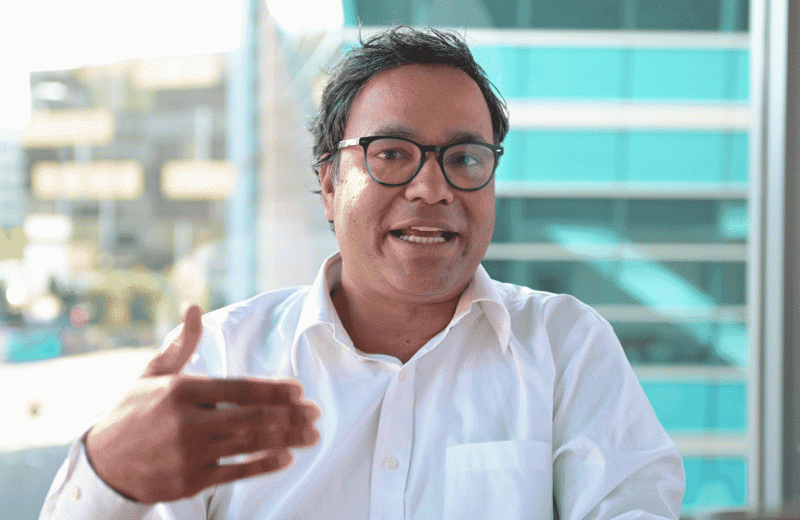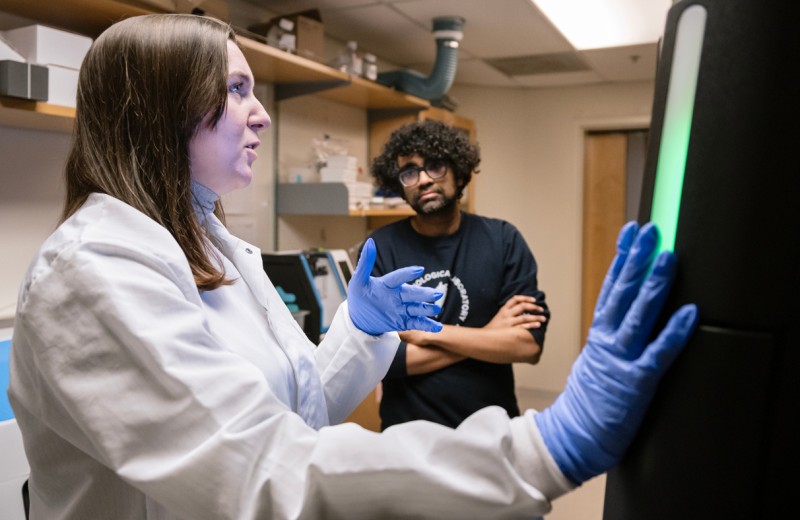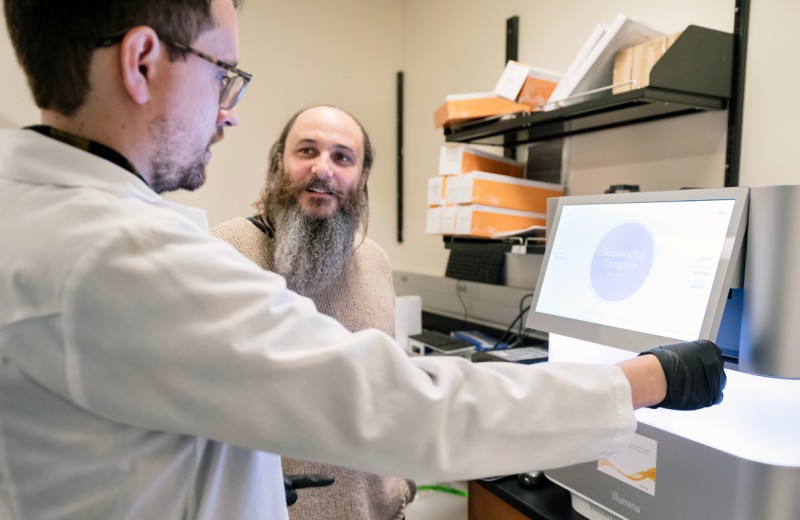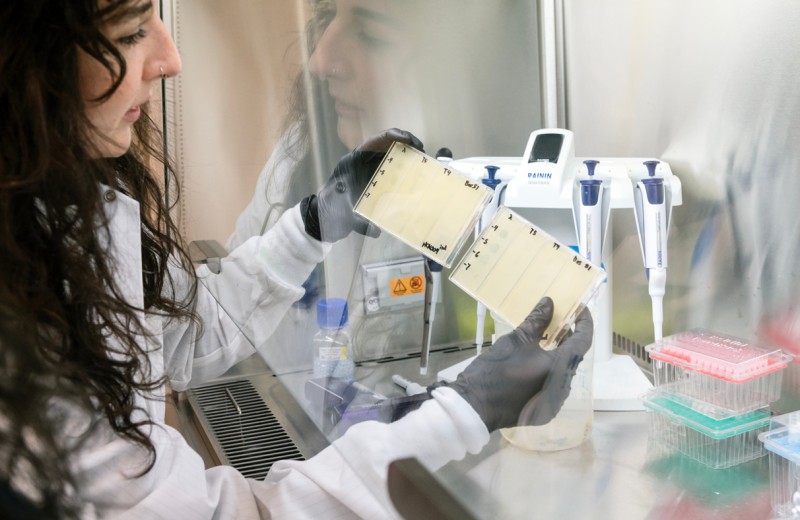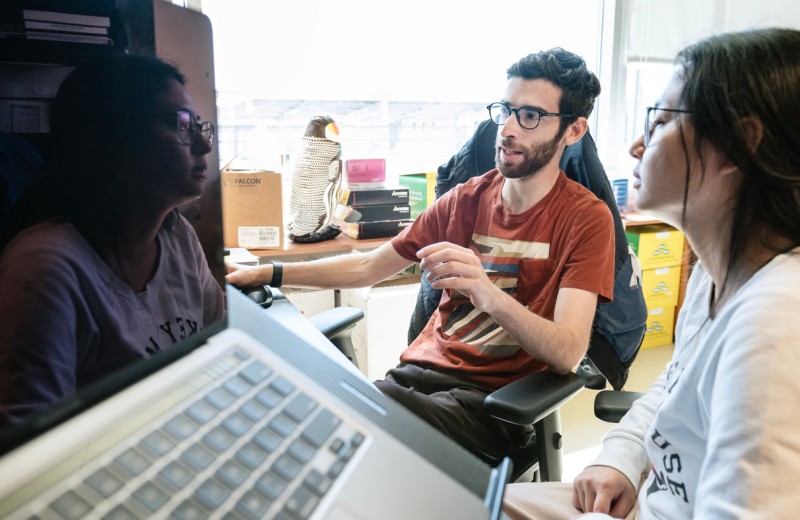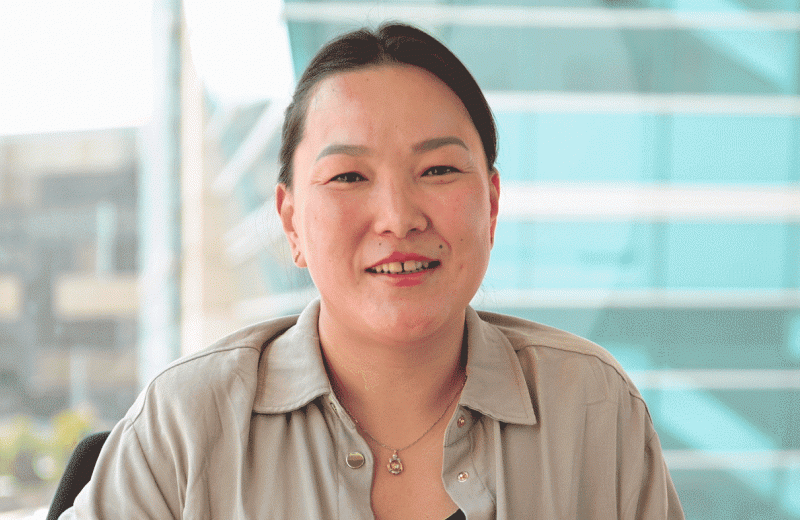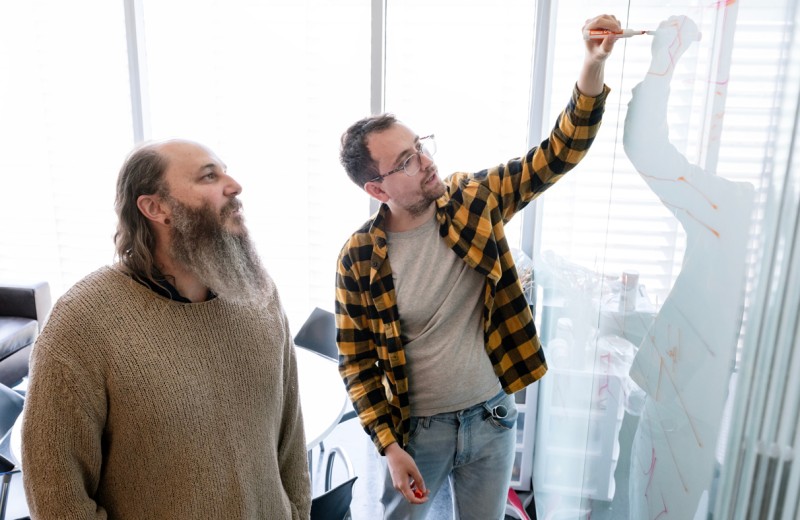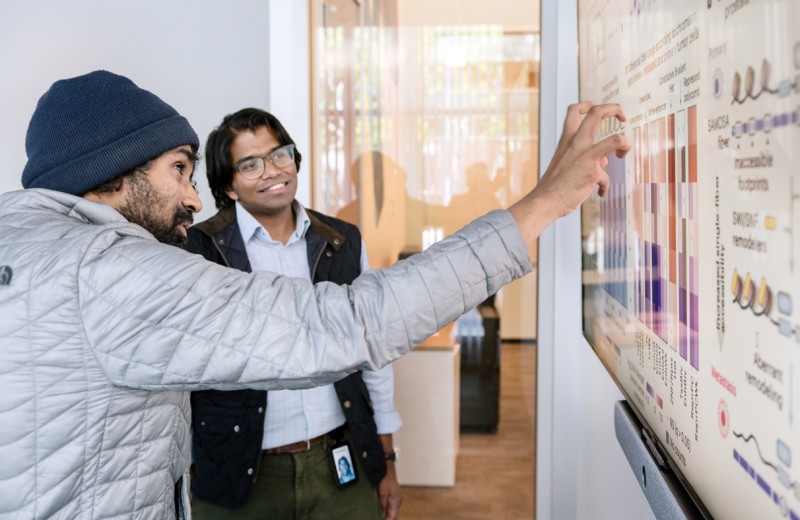Data Science Training Program
Michela Traglia, PhD
Min-Gyoung Shin, PhD
RNA-seq is a powerful tool to interrogate cellular functions. In this intermediate workshop you’ll learn the skills you need to get the most out of your RNA-seq data through analysis in R.
By the end of the workshop, you’ll know how to:
- Go from a matrix of raw gene expression counts to differentially expressed genes
- Analyze experimental designs that go beyond 2-group comparisons using edgeR’s generalized linear modeling capabilities
- Test specific hypotheses using a joint model fit
This workshop is intended for an audience with 4 to 6 months of experience programming in R and who have previously completed the introductory RNA-Seq Analysis in R workshop, or an equivalent.
Intermediate: This is an intermediate workshop in the RNA-Seq Analysis series. Prior experience with R and pre-processing of RNA-seq data is required. Learn more about the introductory workshop, Introduction to RNA-Seq Analysis.
Visit the workshop site for more details and materials.
Details
Dates
September 13, 2022Time
9:00am-12:00pm PDTLocation
OnlineAudience
Gladstone and UCSFThe Gladstone Data Science Training Program was started in 2018 to provide trainees with learning opportunities and hands-on workshops to improve their skills in bioinformatics and computational analysis. This program offers a series of workshops throughout the year to enable trainees to gain new skills and get support with their questions and data.

Diversity, Equity, and Inclusion
At Gladstone, we are committed to providing events and professional development activities that resonate with our community’s diverse members. Our goal is to develop creative programming that encompasses a wide variety of ideas and perspectives to inspire, educate, and engage with everyone within our walls.
We want to effect positive change through our events and activities by providing a platform for discussions on important topics related to increasing diversity and inclusiveness in the sciences.







